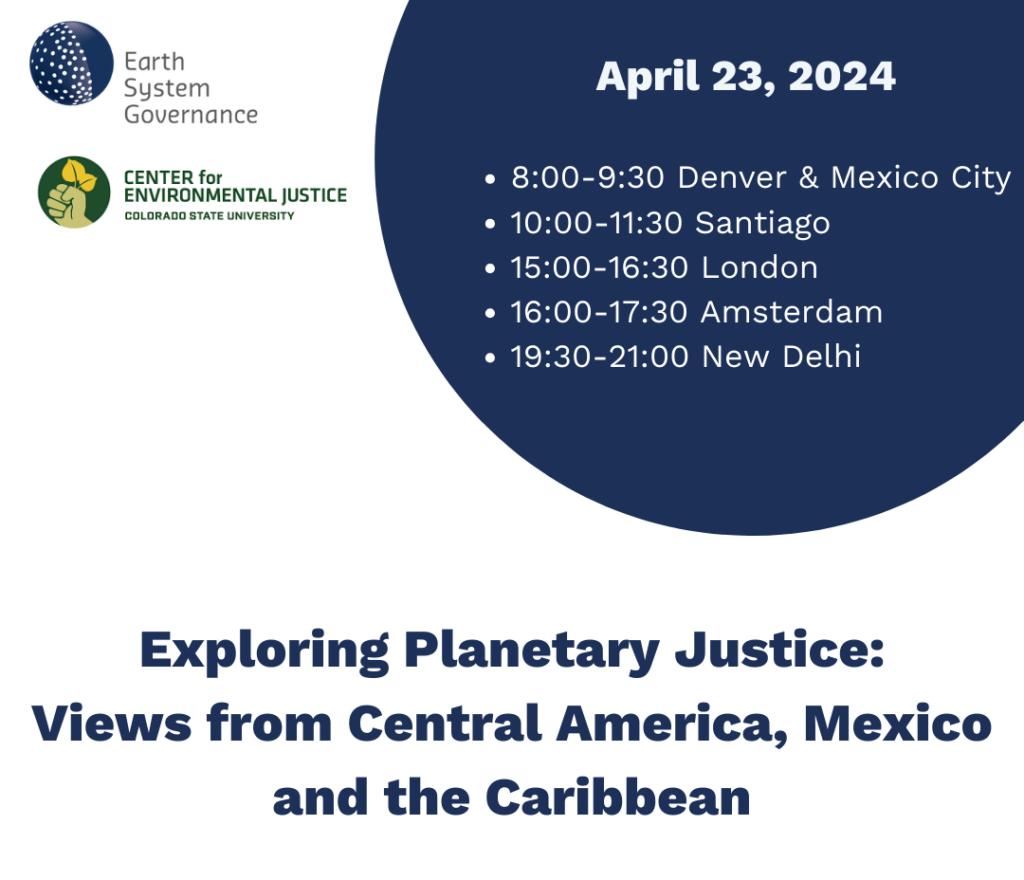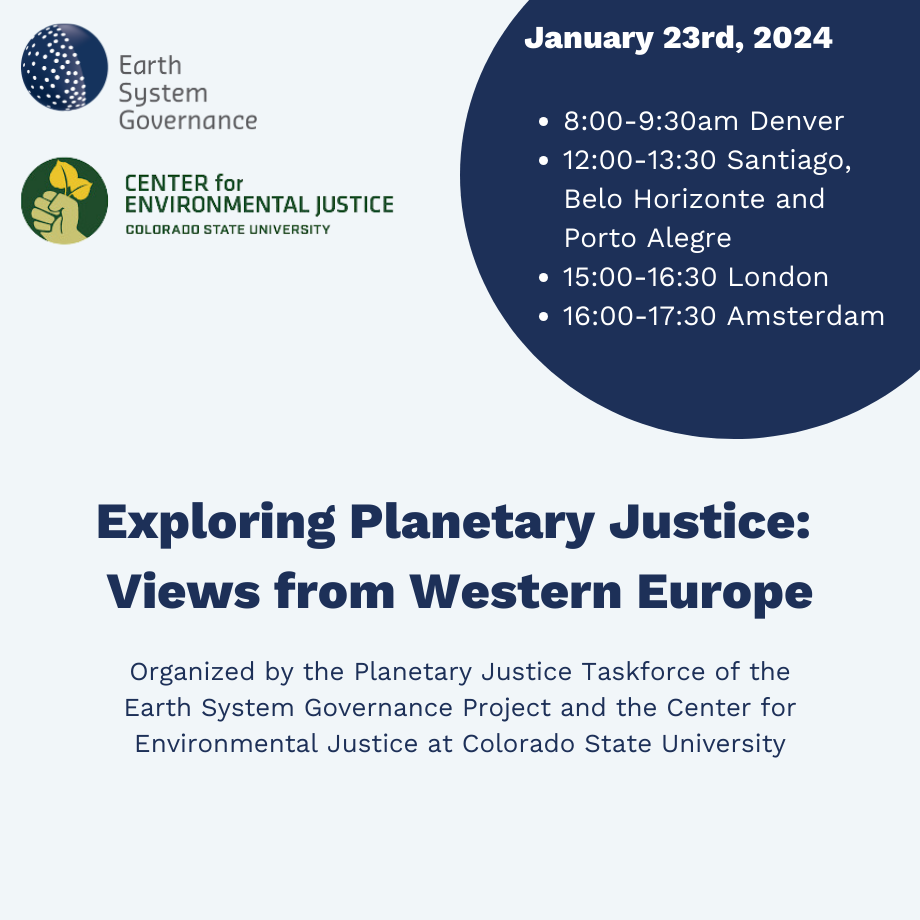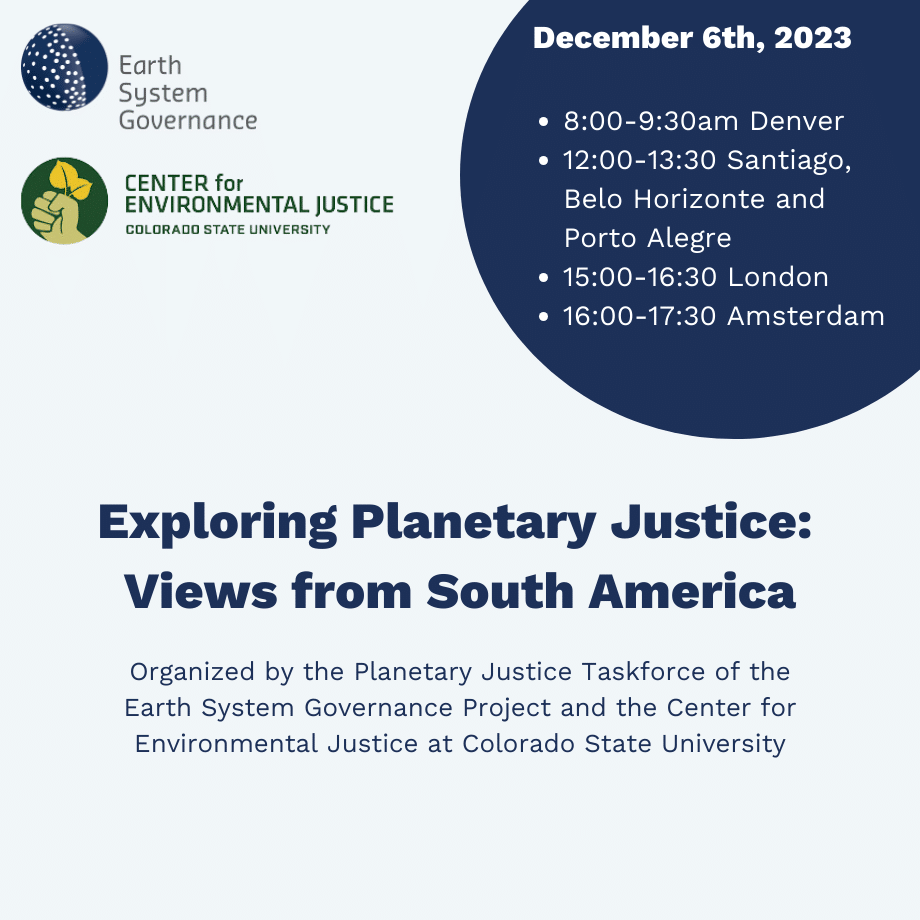International Expert Workshop, 30th November–1st December 2017
Venue: Käte Hamburger Kolleg / Centre for Global Cooperation Research, University of Duisburg-Essen, Schifferstr. 196, 47059 Duisburg
The Käte Hamburger Kolleg/Centre for Global Cooperation Research – together with the Institute for Environmental Studies (IVM) of Vrije Universiteit Amsterdam, the Earth System Governance Project, and the political science department of Lund University – invites applications for an international workshop on theories and methods of institutional complexity in global governance.
Global governance today is increasingly characterized by a proliferation of both intergovernmental and transnational institutions. Although the importance of this development is widely recognized, complexity in global governance still poses significant challenges in terms of theory and methodology.
This workshop brings together scholars from research traditions as different as international relations, complexity sciences, institutional economics and network analysis, to name but a few. It intends to identify suitable theories and methods, as well as conflicts and synergies between them that are fundamental in moving the research on institutional complexity in global governance forward.
Rather than discussing full papers, all participants are asked to submit short think-pieces (2,000–3,000 words) that address one of the following questions:
- (How) does the term complexity add to the study of global governance?
- Which disciplines and literatures (governance, complexity sciences or otherwise) are addressing the complexity of global governance? What are their parallels, how do they differ?
- What are key insights (and gaps) on core aspects of governing complexity, such as political steering, change and evaluation?
- What are blind spots? What other key elements should a theory on institutional complexity in global governance address?
- Which methods – from both political science and other disciplines – should be brought into the study of institutional complexity?
- What are important challenges in methodologically and empirically studying institutional complexity, and (how) can we overcome them?
The workshop will take place over two days in the premises of the Käte Hamburger Kolleg/Centre for Global Cooperation Research in Duisburg, Germany. The format of the workshop product will be discussed on the second day amongst participants.
Deadline for proposals: 11th September 2017.
Please submit your abstract (250–500 words), a short biographical note and full contact information through the online submission system under the following link: https://www.gcr21.org/en/events/upcoming-events/call-for-papers/
Authors will be informed of the outcomes of the review process around 18 September 2017. The selected candidates will be eligible for reimbursement of reasonable travel and accommodation costs. They are expected to send their think pieces (2,000–3,000 words) by 13 November 2017 at the latest.
The workshop is jointly funded by the Käte Hamburger Kolleg/Centre for Global Cooperation Research (with a view to its new research unit on ‘global cooperation and polycentric governance’), the CONNECT project (financed by The Netherlands Organisation for Scientific Research NWO), and the NAVIGOV project (financed by the Swedish Research Council Formas) and the Earth System Governance Project. The workshop is endorsed by the European research network REFRACT (‘Fragmentation and Complexity in Global Governance’).
For any further questions please contact events@gcr21.uni-due.de
We look forward to your submissions.
Workshop organisers:
Rainer Baumann, Käte Hamburger Kolleg/Centre for Global Cooperation Research
Ina Möller, Lund University
Philipp Pattberg, Vrije Universiteit Amsterdam
Oscar Widerberg, Vrije Universiteit Amsterdam
Fariborz Zelli, Lund University



